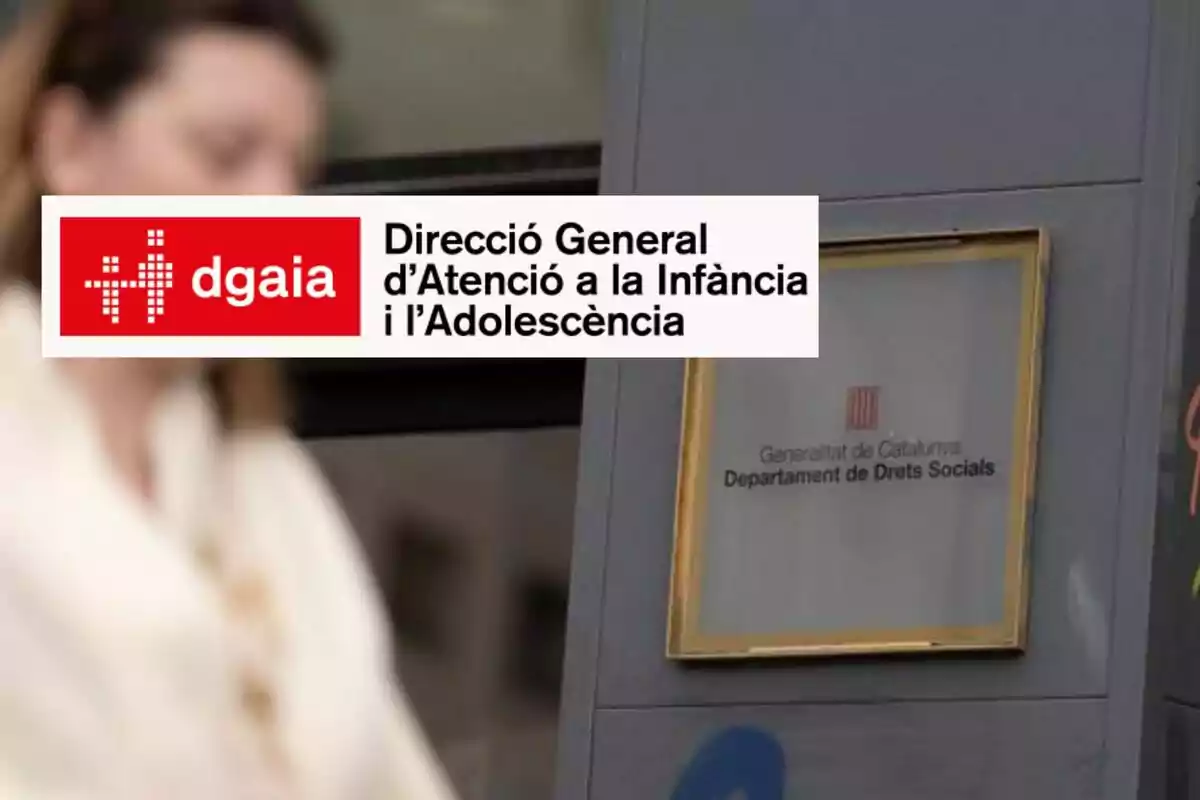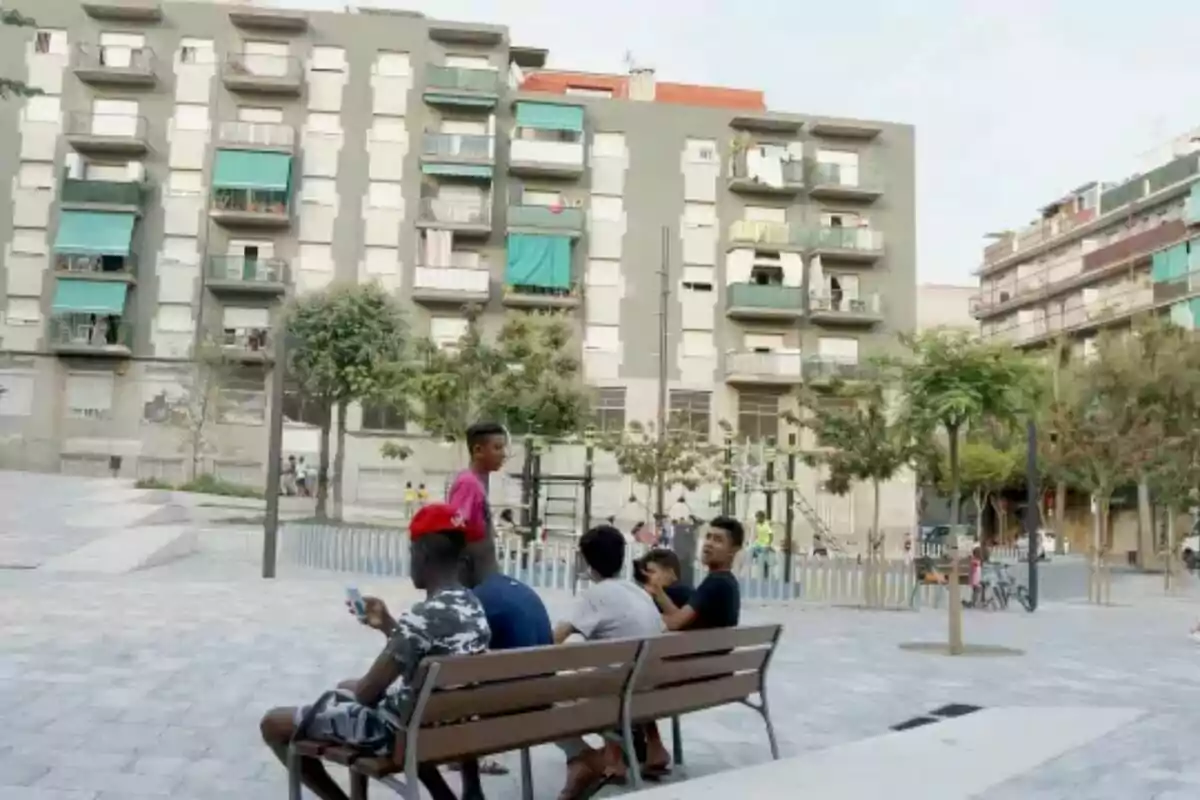
The Social Rights scandal or how people profit from misery in Catalonia
The scandals of what is known as the 'third sector' are another facet of post-procés Catalonia
The DGAIA scandal—the biggest scandal in recent Catalonia—has been the prologue to the Department of Social Rights scandal. Yesterday, it made the news that Social Rights irregularly distributed about 167 million euros in aid. This is confirmed by a harsh report from the Audit Office, which has extended DGAIA's bad practices to the entire Department.
The report's analysis covers the period from 2016 to 2024, that is, Puigdemont, Torra, and Aragonès: pure processism. As the Audit Office points out, the operation of these irregularities would be more accurately described as a non-operation. That is, an absence of controls, lack of monitoring, improper payments, and, ultimately, a porous system through which nearly 200 million euros have circulated.
This way, the situation of social assistance in Catalonia goes beyond the mere corruption of a few bad apples. On the contrary, it shows that this is a structure perfectly embedded in the political and institutional framework. The industry of the so-called "chiringuitos" is no longer a comic issue but an economic one.

Lack of controls, familiar faces, and discretionary money: the operation of an industry
In essence, what did the Audit Office (and Octuvre) reveal about DGAIA? A glaring lack of controls, oversight, and monitoring. This is the core of the problem. It is from here that the collaborators (and direct beneficiaries) of this situation appear: the non-profit organizations.
We are talking about the entire constellation of foundations, observatories, NGOs, and social entities that capitalize on issues that always have a distinctly progressive character. From pacifism to environmentalism and including integration. The public authority (the Generalitat) provides the money, and these entities are responsible for offering the service.
In DGAIA's case, this was painfully obvious. A cluster of entities under the umbrella of the parent organization, Plataforma Educativa, received huge amounts of public money for the care of "menas." However, the lack of controls and monitoring led to these entities, de facto, developing their own industry. It is enough to say that these foundations managed to amass a real estate empire of 500 apartments (500 pisos).

As is natural, this flow of money generates an effective system of cronyism and revolving doors. As explained in E-Notícies, the top officials of foundations and Social Rights are interchangeable in every respect. Aside, of course, from the ideological uniformity imposed by this network, which shields itself in the morality of its actions to avoid criticism and analysis.
It's not just DGAIA
In the general case of the Social Rights scandal, everything above reaches even greater proportions. The Audit Office's report precisely outlines a structural negligence in the allocation of social aid. This explains why Govern has had to reclaim around 156 million euros in aid that were awarded without control. For now, 7.1 million euros of that amount are unrecoverable because they have expired.
This lack of control translates into issues that, in addition to being economic, are very sensitive. The most concerning case is that of abuse of minors under DGAIA's care. That is, this is a system that, despite having million-euro funding, was not able to detect and control sexual crimes.

Not to mention the other obvious fact: this malfunction means that many people who truly need help do not receive it. According to the Audit Office in 2024, only 25.3% of children in situations of severe poverty received the guaranteed income. This is another reason why real poverty (measured per capita) has increased in Catalonia.
Ultimately, the collapse of the misery business is another expression of post-processist Catalonia. Govern Illa is trying to adjust the situation with balances that do not put ERC in a bad light, a Govern partner and key piece of the network. The question is whether there will be accountability and effective controls in the future.
Finally, it is worth highlighting the curious behavior of the subsidized media in this matter. The major Catalonia newspapers have had almost ten years to do investigative journalism and trigger this crisis. However, it has been external entities and independent media that have uncovered the crisis.
More posts: